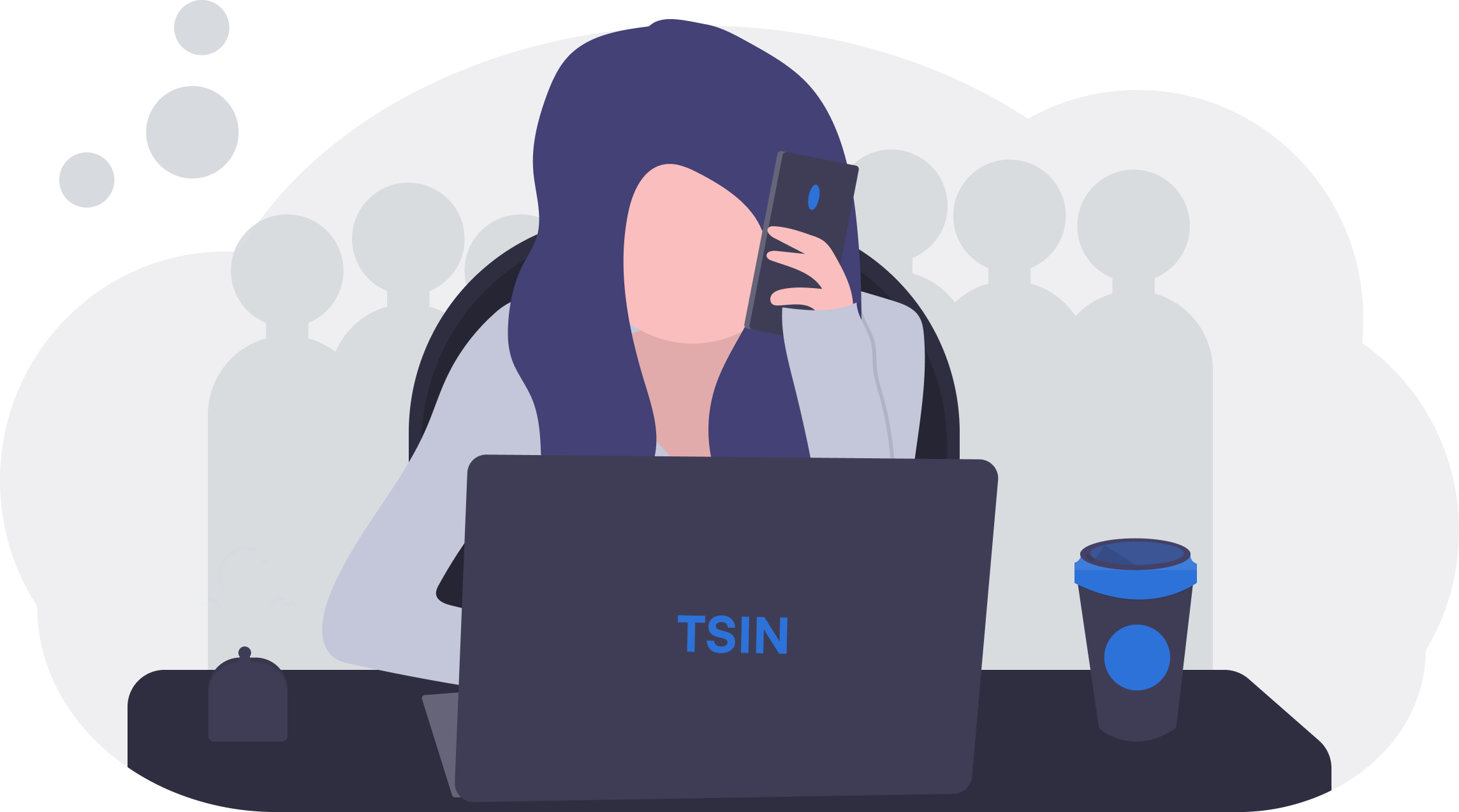Enterprise Telecom Services - Transforming Business Communications
Introduction
In the present rapidly changing digital age, Enterprise Telecom Services are the key to seamless communication, connectivity, and collaboration for large, medium, and small-scale enterprises. As the technological horizon is constantly changing, organisations are taking advantage of advanced telecom solutions to increase efficiency, minimise costs, and boost productivity. Be it cloud telephony, leased lines, VoIP services, or mobile connectivity, telecom services form the core of contemporary businesses.
What Are Enterprise Telecom Services?
Enterprise Telecom Services encompass a wide range of telecommunication solutions tailored for businesses. These services ensure uninterrupted communication across multiple locations, enhancing collaboration and operational efficiency. Key Components of Enterprise Telecom Services:
Cloud Telephony – Enables businesses to manage their calls via cloud-based solutions.
Leased Lines – Dedicated, high-speed internet connections for businesses.
VoIP Solutions – Voice over Internet Protocol services that offer cost-effective communication.
Business Broadband – High-speed broadband connections to support business operations.
Unified Communication Systems – Integration of multiple communication tools such as voice, video, chat, and email.
Contact Center Solutions – Advanced call management and customer service tools.
Importance of Enterprise Telecom Services for Businesses
1. Improved Connectivity
Trustworthy telecom services provide continuous connectivity among employees, customers, and stakeholders. With fast internet, companies have uninterrupted operations.
2. Cost Savings
Basic telephone lines can be costly. Enterprise telecom products such as VoIP and cloud communication save money on operations by a large margin.
3. Scalability
As companies grow, their communications requirements change. Enterprise telecom services provide scalable solutions, enabling businesses to increase their network and operations without significant infrastructure changes.
4. Security and Reliability
Secure telecom solutions guard against cyber attacks, ensuring data protection and secure communications, minimising vulnerabilities and downtime.
5. Enhanced Customer Experience
From cloud-based call centres to self-service IVR systems, enterprise telecom solutions empower customer interactions, driving satisfaction and loyalty.
Types of Enterprise Telecom Services
1. Cloud PBX Solutions
Cloud-based PBX (Private Branch Exchange) systems enable businesses to handle calls efficiently without investing in expensive hardware. Features like call forwarding, voicemail, and IVR enhance communication.
2. Leased Line Services
Leased lines offer dedicated, high-speed, and symmetrical internet connectivity, ensuring reliable and uninterrupted communication for businesses that require high data transfer rates.
3. SIP Trunking
Session Initiation Protocol (SIP) trunking allows businesses to replace traditional phone lines with internet-based communication. It offers better flexibility and reduced call costs.
4. Hosted IVR (Interactive Voice Response)
IVR systems help automate call handling, directing customers to the right department and improving response times.
5. Bulk SMS & Voice Solutions
Enterprises use bulk SMS and voice solutions for marketing campaigns, transactional messages, and customer engagement, improving outreach and response rates.
6. Enterprise Mobility Solutions
With remote work rising, enterprise mobility solutions provide seamless mobile connectivity, ensuring employees stay connected from anywhere.
Benefits of Enterprise Telecom Services
1. Enhanced Collaboration
Synchronised communications platforms such as video conferencing, VoIP, and instant messaging provide fault-free collaboration of teams from different geographies.
2. Boost in Productivity
With sure telecom solutions, businesses can reduce downtime and enhance business efficiency in processes.
3. Continuity in Business
Telecom services that rely on the cloud prevent disruption during downtimes, catastrophes, or exigencies.
4. Integration & Customisation
Current telecom services are configurable to meet the precise needs of the companies with which the pre-installed CRM and ERP modules need to interact.
Selecting the Appropriate Enterprise Telecom Service Provider
In choosing a telecom provider, companies need to take into account:
1. Network Reliability: Ensure the provider offers a robust and scalable network.
2. Service Quality: Look for providers with high uptime and minimal service interruptions.
3. Cost-Effectiveness: Compare pricing models to find the best value for money.
4. Security Features: Check for data encryption, firewalls, and compliance with industry regulations.
5. Customer Support: 24/7 support ensures quick resolution of any issues.
Future Trends in Enterprise Telecom Services
1. 5G Connectivity
With the rollout of 5G, businesses can expect faster data speeds, low latency, and enhanced mobile connectivity.
2. AI-Powered Communication
Artificial intelligence is revolutionising telecom with smart chatbots, predictive analytics, and automated call routing.
3. Internet of Things (IoT)
Integration IoT-enabled devices are improving real-time communication and automation in industries like healthcare, manufacturing, and logistics.
4. Blockchain for Telecom
Blockchain technology is enhancing security, transparency, and fraud prevention in telecom transactions.
Conclusion

